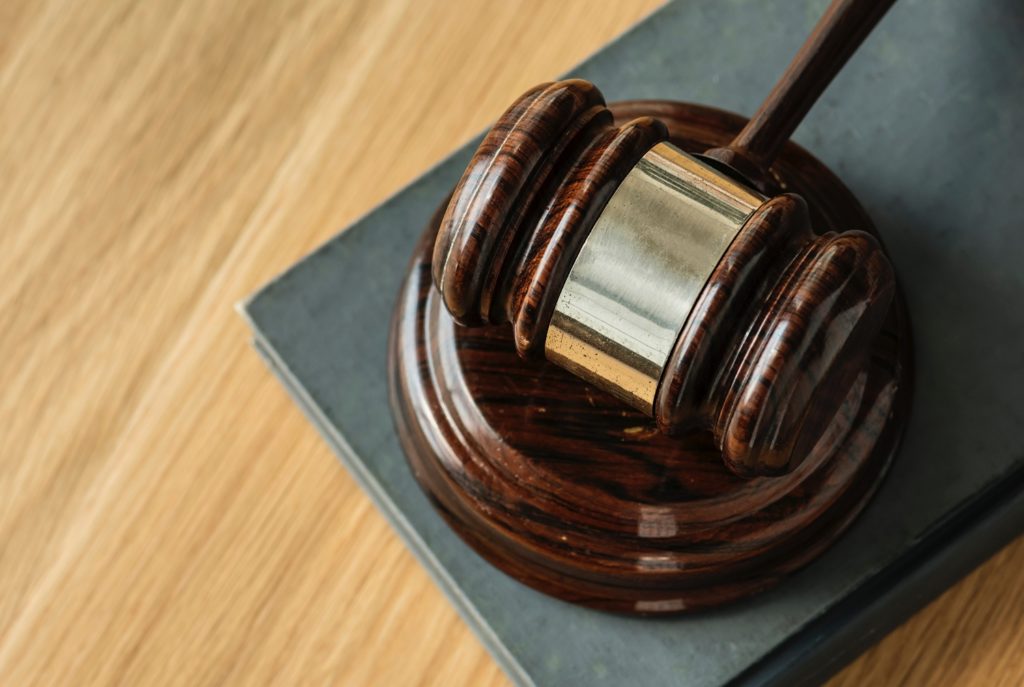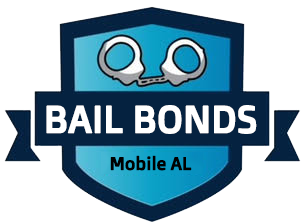
Once a defendant has gone through their bond hearing and a judge sets the bond, there are often set terms that go along with it that are known as bond conditions. Bond conditions must be followed in order to remain compliant while out on bond and any broken rules can land you right back in jail. Here are some of the most common conditions that you may run into.
Avoidance of substances
During this time, it is extremely common that a bond condition for release will require a ban on substances. While obviously, this would include illegal substances such as hard drugs, it may surprise some that it would also include other legal forms such as alcohol and marijuana even if you live in a legal state. This is most standard in any type of DUI or DWAI case but can be set in other situations are well.
Keeping or finding a job
When someone is out on bond, one key thing that a judge will look at is how the defendant spent their time while they were released. They want to see that the defendant has been busy and productive serving the community and one way to ensure that is with employment. If you are already employed, most likely they will require that you remain employed while released. If you are not employed, they will most likely require you to search for employment. Usually, a pre-trial officer will help to enforce this rule.
No travel
This is probably the most common of all bond conditions because it directly relates to the point of the bond, to begin with. Travel is usually strictly prohibited while out on bond to ensure that the defendant does not flee. While there can be some exceptions on this such as a death in the family or mandatory work obligations in which they may have some leniency, for the most part, no travel is the standard.
Keeping distance from certain people
In certain situations, a judge may require the defendant to completely avoid contact with certain people for safety reasons. This may be from stalking incidents or domestic violence but just as with restraining orders, coming within a certain distance of the protected person may have you end up in far more hot water.
Being available for the pre-trial officer
Pre-trial officers are much like probation officers only they help you comply with conditions before a trial ever happens. Many bond conditions that require check-in such as the employment stipulation are done through a pre-trial officer and you need to be sure to either be available when they check up on you whether at home or at work, or you need to be timely is showing up to scheduled check-ins coming to them. Just as with probation, if you are nowhere in sight when they are looking for you, it could end up being considered a violation in your agreement for release.



